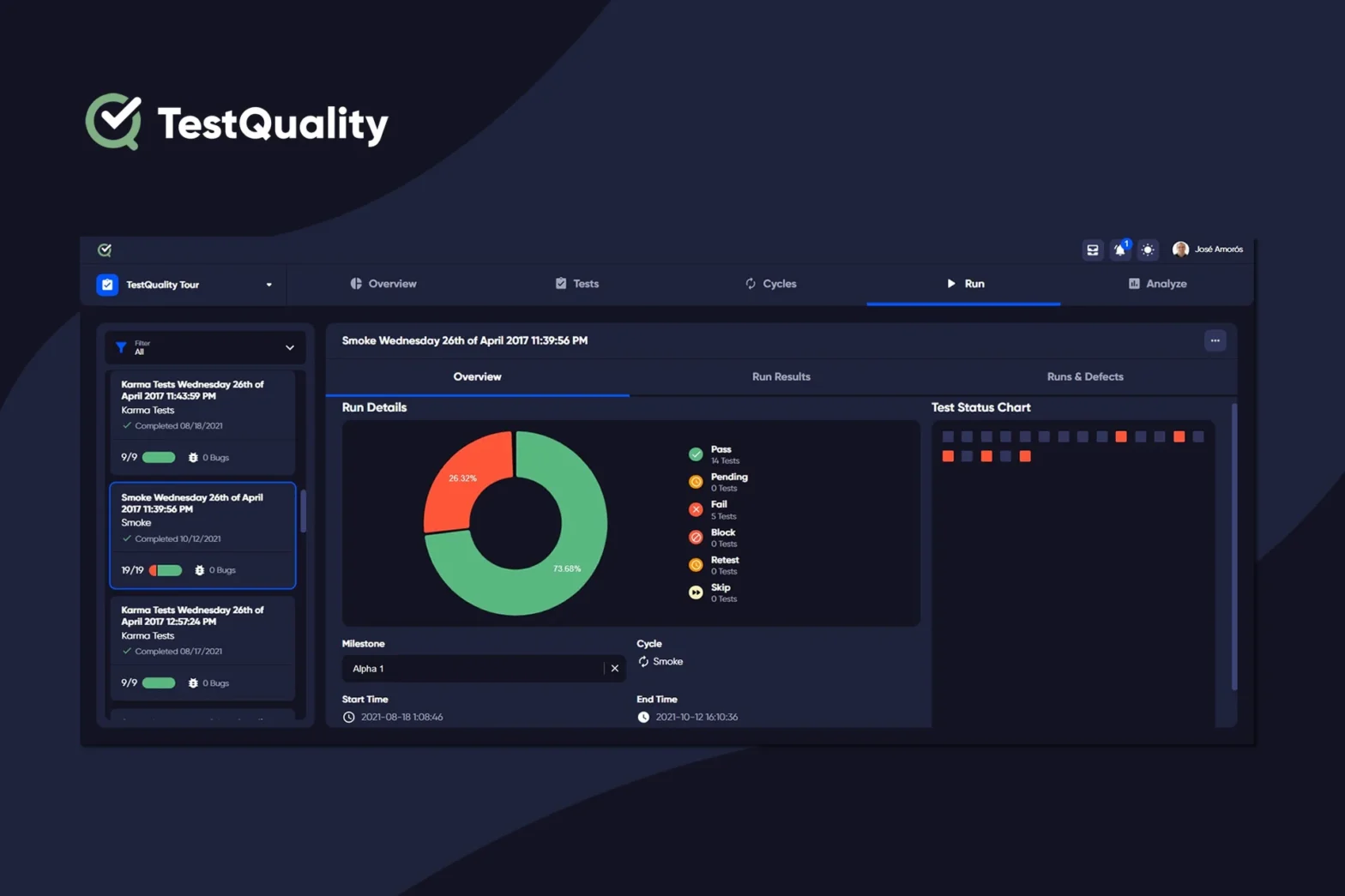Picture this: You’ve just deployed a new feature at work, and you’re buzzing with excitement. But suddenly, you hear whispers of a critical bug in the old functionality. That gut-wrenching moment reminds us how important it is to address regression testing. In this post, we’ll delve into the legacy views of regression testing, explore its modern implications, and highlight why risk management is the real MVP in ensuring robust software development.
Tag: regression testing
When should Regression Testing be performed?
Regression Testing has its importance with regards to software maintenance. Its primary goal is to discover bugs across the system that were missed during first rollout of a new feature. After our Regression Testing Definitive Guide or our post analyzing the differences between Regression Testing, Unit Testing and Re-Testing, it is good to know the best moment to… Continue reading When should Regression Testing be performed?
Regression Testing: A Definitive Guide
1.What’s Regression Testing and why is it so important?2.Planning for regression testing, including test cases, frequency, and other considerations3.How do you keep your product’s delivery date from becoming delayed while yet managing regression risks?4.How can you ensure that with the use of Regression Testing, your program or application is free of bugs?5.Analyzing the Distinctive Features… Continue reading Regression Testing: A Definitive Guide
What is Test Automation?
Test Automation is a software testing approach that uses automation technologies to control test execution rather than a human tester. The actual test findings are then compared to projected or expected outcomes. Automated testing improves productivity and reduces time-to-market for your initiatives. Testing Automation is also known as automated testing or automated quality assurance testing. When done correctly, it eliminates… Continue reading What is Test Automation?
Regression Testing Challenges and Best Practices
What exactly is Regression Testing? In simple words, regression testing is the process of retesting a computer program after changes are made to guarantee that the changes do not have a detrimental effect on the current code. Regression testing enhances the likelihood of finding bugs caused by application modifications. It can assist in detecting flaws… Continue reading Regression Testing Challenges and Best Practices



